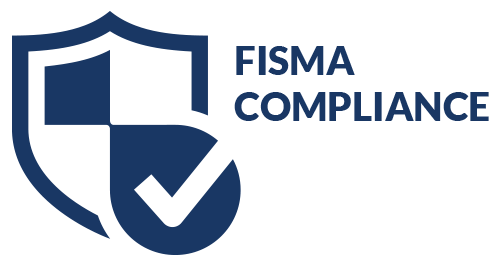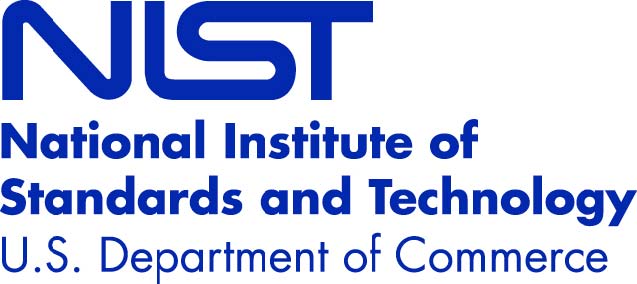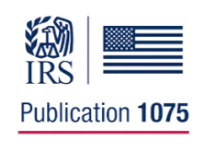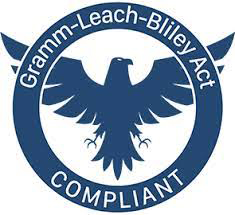Whether you’re operating a Montessori school for preschool-age children or a major university that educates the brightest young minds, you need cash flow to continue your work. When parents and students fail to pay their bills, you run the risk of putting your educational institution’s future in jeopardy.
Delinquent receivables often go unacknowledged in educational settings because educators worry about putting students’ academic possibilities at risk. However, your teachers, the local utility companies, vendors, and suppliers expect to get paid.
- Take the Compassionate Approach
Collecting delinquent receivables sounds like an unsavory task. You don’t want to call potentially cash-strapped students and parents to demand they start reciting their credit card numbers. At the same time, though, you can’t run your school without cash flow.
Start by adopting a compassionate approach to collections. When you request payment, offer to break up tuition over the year to lessen the overall burden. You could also spread out other types of fees, such as collecting parking fees in September, lunch fees in November, administrative fees in January, and extracurricular activity fees in March.
Sometimes parents and students fail to pay because they’re busy or otherwise distracted. Create an internal policy that involves calling the responsible party the day after a payment due date. Say something like, “I just wanted to let you know that you forgot to send in your payment. Would you like to pay over the phone?” This sets a friendly tone — you’ve assumed the best-case scenario.
- Suggest Alternative Payment Options
In the same vein, educate your students and parents about their payment options. If they can’t afford your school’s tuition and fees on their own, they can seek help through a scholarship or voucher program. Additionally, student loans aren’t just for universities and trade schools. Cash-strapped parents who want their kids to get the best formative education possible can also apply for loans.
- Cover Fees Thoroughly
When parents enroll their children in your school, take the time to go over your fee schedule. Emphasize the dates due for each fee and tuition payment, and explain what happens if the school doesn’t receive payment on time. Make sure to mention any grace periods and late fees that might apply, then enforce those policies consistently.
- Send Advance Reminders
You don’t have to wait until a student fails to pay to begin the collection process. Take a proactive approach and send out upcoming payment notices, just like any other business would send out invoices. You could also post notices at your school that announce the due dates for upcoming fees.
Many educational institutions struggle to collect delinquent receivables. This leads to serious cash flow issues and the need for expense cuts that make fewer opportunities available to students.
If you’re not happy with your cash flow management results, we can help. We work with schools to establish a consistent tuition and fee collection process, and we always act with compassion and professionalism. To learn more, contact us and we’ll discuss your specific needs.
